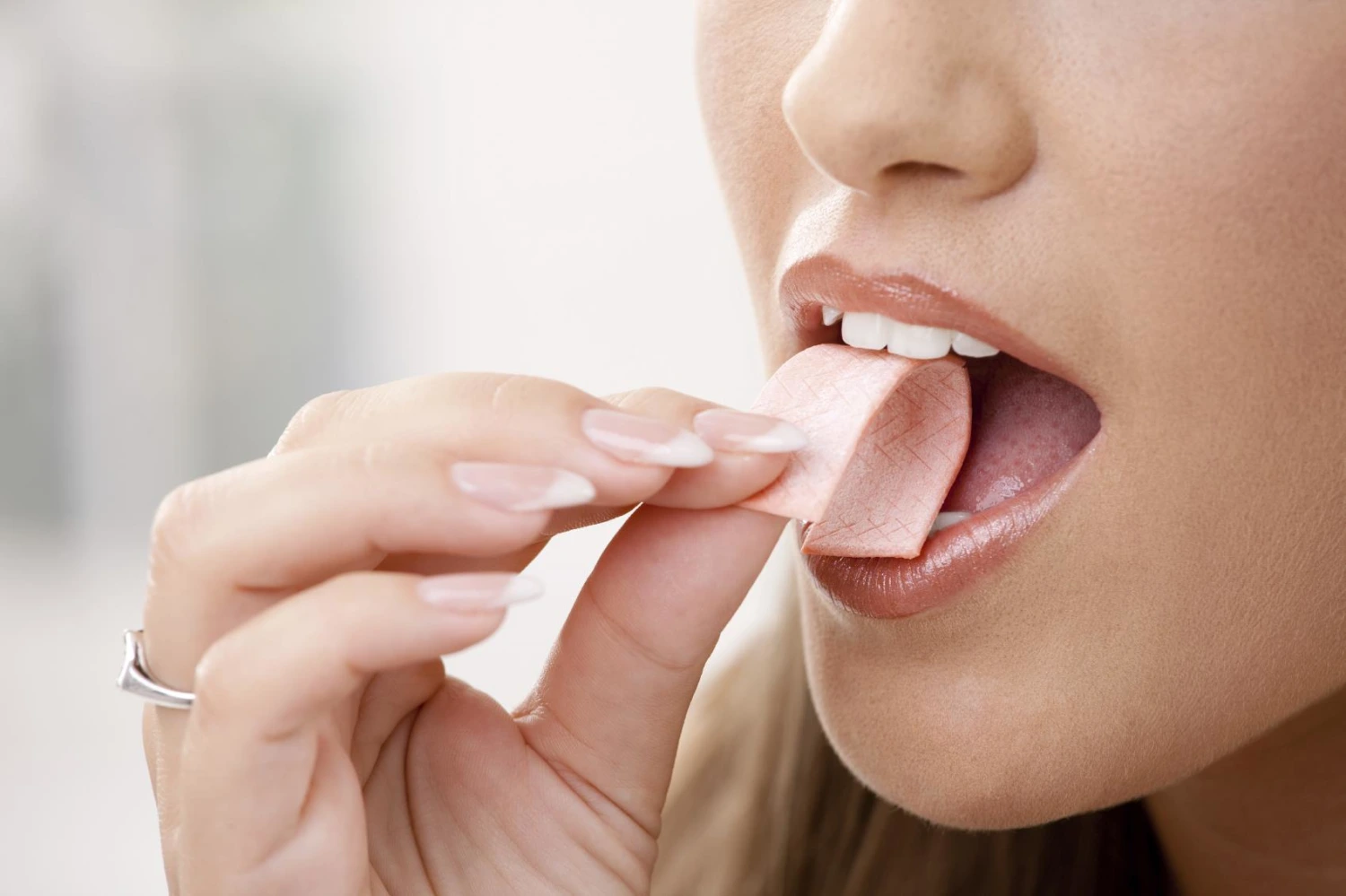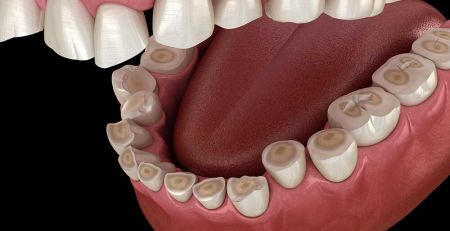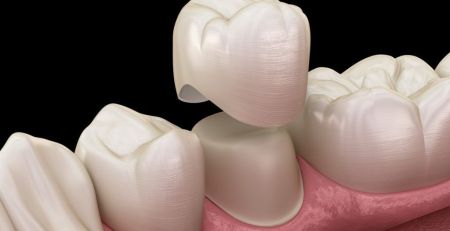Table of Contents
Causes of Metal Taste in the Mouth
Experiencing a metallic taste in your mouth can be unsettling and perplexing. This phenomenon, medically known as dysgeusia, can have various causes, ranging from benign to more serious underlying health issues.
Let’s delve into some of the most common causes of a metallic taste in the mouth.
1) Medication Side Effects
Many medications can alter your taste perception, resulting in a metallic flavour. This side effect, known as drug-induced dysgeusia, can be pretty distressing but is often temporary.
Antibiotics
Medications like metronidazole, clarithromycin, and tetracycline are well-known for causing a metallic taste. These antibiotics can interfere with taste receptor cells or the peripheral nerves responsible for taste.
Antihistamines
Drugs used to treat allergies, such as diphenhydramine and loratadine, can dry out the mouth, reducing saliva production and leading to taste disturbances.
Chemotherapy Drugs
Chemotherapy drugs, including cisplatin and cyclophosphamide, can cause significant alterations in taste and smell. These changes are due to the toxic effects of the drugs on the taste buds and the olfactory system.
Other Medications
Various other medications, including those for hypertension (e.g., captopril), neurological disorders (e.g., lithium), and psychiatric conditions (e.g., antidepressants), can also cause a metallic taste. This side effect usually subsides once a healthcare provider discontinues or adjusts the medication.
2) Dental Issues
Dental health plays a crucial role in maintaining typical taste perception. Poor oral hygiene and dental problems can lead to a metallic taste in the mouth.
Poor Oral Hygiene
Neglecting regular brushing and flossing can lead to plaque and tartar buildup. This accumulation can harbour bacteria that produce sulphur compounds, contributing to a metallic taste.
Gum Disease
Gingivitis and periodontitis are common gum diseases that cause inflammation, bleeding, and infections. These conditions can alter taste perception, making it metallic.
Dental Infections
Abscesses and other dental infections can cause pus formation and a metallic taste. These infections can also lead to foul odours and a bad taste in the mouth.
Tooth Decay
Cavities and decayed teeth can harbour bacteria that produce a metallic taste. Regular dental check-ups and proper oral care are essential to prevent these issues.
3) Nutritional Deficiencies
Nutritional deficiencies, particularly in vitamins and minerals, can significantly impact your sense of taste.
Zinc Deficiency
Zinc is crucial for the maintenance and function of taste buds. A zinc deficiency can lead to hypogeusia (reduced taste sensitivity) or dysgeusia (distorted taste perception). Foods rich in zinc include meat, shellfish, nuts, and seeds.
Vitamin B12 Deficiency
Vitamin B12 is essential for neurological health, including the proper functioning of the taste buds. A deficiency can lead to a metallic taste, among other symptoms like fatigue and neurological issues. Vitamin B12 is found in animal products such as meat, dairy, and eggs.
Other Nutrients
Deficiencies in other nutrients, such as iron and folic acid, can also affect taste perception. Ensuring a balanced diet with a variety of vitamins and minerals is crucial for maintaining a healthy sense of taste.
4) Pregnancy
Pregnancy brings significant hormonal changes that can affect various bodily functions, including taste.
Hormonal Fluctuations
During the first trimester, estrogen and progesterone levels increase dramatically. These hormonal changes can alter the function of taste buds, leading to a metallic taste.
Temporary Changes
The metallic taste experienced during pregnancy is usually temporary and often subsides as hormone levels stabilise in the second trimester.
Managing Symptoms
Pregnant women experiencing a metallic taste can try sucking on citrus fruits, chewing sugar-free gum, or maintaining good oral hygiene to alleviate the symptom.
5) Respiratory Infections
Respiratory infections can interfere with the normal function of the taste and smell pathways.
Upper Respiratory Infections
Common colds and flu can cause inflammation in the nasal passages and throat, affecting taste and smell.
Sinusitis
Inflammation of the sinuses can lead to postnasal drip, where mucus drips down the back of the throat, causing a metallic taste.
Impact on Taste
The congestion and mucus production associated with these infections can interfere with the normal functioning of taste buds, leading to a metallic or altered taste perception.
6) Neurological Conditions
Neurological disorders can impact the nerves responsible for taste, leading to dysgeusia.
Multiple Sclerosis (MS)
MS can affect the central nervous system, including the cranial nerves responsible for taste and smell. This can lead to a distorted or metallic taste.
Parkinson’s Disease
Parkinson’s disease can affect the brain’s ability to process sensory information, including taste. As a result, patients may experience a metallic taste.
Other Neurological Conditions
Other conditions like epilepsy, stroke, and traumatic brain injuries can also affect taste perception through their impact on the nervous system.
7) Exposure to Chemicals
Exposure to certain chemicals can lead to a metallic taste in the mouth.
Pesticides
Pesticides can be poisonous if inhaled or ingested, and poisoning may manifest as a metallic taste. Therefore, it is essential to wear protective gear and follow safety guidelines when handling such chemicals.
Heavy Metals
Exposure to heavy metals like lead, mercury, and arsenic can cause toxicity, leading to a metallic taste. These metals can accumulate in the body and interfere with typical taste function.
Workplace Hazards
Industrial workers and laboratory technicians at higher risk from frequent exposure to chemicals must follow proper safety protocols and protective measures to prevent exposure.
8) Chronic Conditions
Chronic diseases can affect overall health, including taste perception.
Diabetes
High blood sugar levels in people with diabetes can affect their taste buds, producing a metallic taste. Proper blood sugar management can help alleviate this symptom.
Kidney Disease
In kidney disease, waste products accumulate in the blood, affecting various bodily functions, including taste. A metallic taste is a common symptom among patients with advanced kidney disease.
Other Chronic Diseases
Conditions like liver disease and autoimmune disorders can also impact taste perception. Managing these conditions under the guidance of a healthcare provider is crucial for alleviating symptoms.
Understanding these detailed causes of a metallic taste in the mouth can help identify the underlying issue and guide appropriate treatment and prevention strategies.
Prevention and Treatment of Metallic Taste in the Mouth
Addressing a metallic taste in your mouth involves identifying and treating the underlying cause. Various prevention and treatment strategies can significantly alleviate this symptom and improve oral health and quality of life. Here are some detailed approaches:
Maintain Good Oral Hygiene
Good oral hygiene is crucial in preventing and treating a metallic taste in the mouth. Regular brushing and flossing can help remove plaque and bacteria that may contribute to taste disturbances.
Brush Your Teeth
Brush using fluoride toothpaste at least twice daily to keep your teeth and gums healthy. Ensure you clean all surfaces of your teeth and tongue.
Floss Daily
Flossing removes food particles and plaque between teeth that brushing alone might miss.
Routine Dental Visits
Regular check-ups with your dentist every six months can help identify and treat dental issues early. Professional cleanings can remove tartar buildup that may cause a metallic taste.
Stay Hydrated
Hydration plays a significant role in maintaining a healthy mouth environment. Drinking adequate water throughout the day can help wash away any lingering metallic taste and keep your mouth moist.
Increase Water Intake
Aim to drink at least eight glasses of water a day. This helps keep your mouth hydrated and aids in the production of saliva.
Avoid Dehydrating Substances
Limit the consumption of caffeinated beverages and alcohol, as these can contribute to dehydration and dry mouth.
Chew Sugar-Free Gum
Chewing sugar-free gum can effectively stimulate saliva production, which can help wash away any residual metallic taste in the mouth.
Stimulate Saliva Production
Choose gum that contains xylitol, a sugar substitute that can help prevent cavities and maintain oral health.
Immediate Relief
Chewing gum can provide quick, temporary relief from a metallic taste, especially after meals.
Adjust Medications
If you suspect your medication is causing a metallic taste, consult your healthcare provider. They can help adjust your dosage or prescribe an alternative medication.
Consult Your Doctor
Discuss your symptoms with your healthcare provider. They may recommend an alternative drug or adjust your current medication.
Medication Management
Never stop taking prescribed medication without consulting your doctor, as this can lead to adverse health effects.
Nutritional Supplements
Nutritional deficiencies, particularly in zinc and vitamin B12, can affect your sense of taste. Taking supplements as recommended by your doctor can help restore typical taste function.
Identify Deficiencies
A blood test can determine if you are deficient in essential vitamins or minerals.
Supplementation
Take supplements as prescribed by your healthcare provider. Foods rich in zinc (meat, shellfish, nuts) and vitamin B12 (meat, dairy, eggs) can also help address deficiencies.
Avoid Exposure to Chemicals
Limiting exposure to harmful chemicals and heavy metals is crucial in preventing a metallic taste in the mouth. When handling such substances, wear protective gear and follow safety guidelines.
Protective Measures
Wear masks, gloves, and other protective gear when working with chemicals.
Safety Guidelines
Follow all workplace safety protocols involving exposure to chemicals or heavy metals.
Treat Underlying Conditions
Managing chronic diseases such as diabetes and kidney disease can help alleviate the metallic taste. Proper disease management is essential for overall health.
Diabetes Management
Maintain proper blood sugar levels through diet, exercise, and medication as your doctor prescribes.
Kidney Disease
Follow your treatment plan to manage kidney function and reduce waste buildup in the blood, which can affect taste perception.
Home Remedies
Several home remedies can help neutralise a metallic taste in the mouth. These methods are simple and can provide immediate relief.
Baking Soda Rinse
Mix one teaspoon of baking soda in warm water and rinse your mouth. This can help neutralise the pH in your mouth and reduce the metallic taste.
Citrus Fruits
Sucking on citrus fruits like lemon or orange can help stimulate saliva production and wash away the metallic taste. The acidic nature of these fruits can help counteract the metallic sensation.
By incorporating these prevention and treatment strategies, you can effectively address the metallic taste in your mouth and improve your oral health. If the symptom persists, seeking medical advice to identify and treat any underlying conditions is vital.
FAQ’s
Can stress cause a metallic taste in the mouth? Yes, stress and anxiety can sometimes affect your sense of taste, leading to a metallic sensation. This is usually temporary and resolves once the stress is managed.
How long does a metallic taste last? The duration depends on the underlying cause and can range from a few days to several months. Identifying and treating the cause is critical to resolving the symptoms.
Can dehydration cause a metallic taste in the mouth? Dehydration can lead to a dry mouth and sometimes a metallic taste. Staying well-hydrated can help alleviate this.
Should I see a doctor for a metallic taste in my mouth? Suppose the metallic taste persists over a few days or is accompanied by other symptoms. In that case, seeking medical attention to rule out any severe underlying conditions is advisable.
Understanding the causes, prevention, and treatment of a metallic taste in the mouth can help alleviate this bothersome symptom and improve your overall health and well-being.
Seeking Professional Help for Optimal Oral Health

Addressing a metallic taste in your mouth is about mitigating an unpleasant sensation and ensuring your oral health is at its best.
Maintaining good oral hygiene, staying hydrated, managing medication side effects, addressing nutritional deficiencies, avoiding harmful chemicals, and treating underlying chronic conditions can significantly improve taste perception and overall well-being.
For comprehensive teeth and gum care, including preventative and general dentistry, consider contacting Amazing Smiles Dental on the Gold Coast and surrounding areas, to help address your family’s oral health concerns.
Our team of experienced dental professionals is dedicated to providing personalised care to help you achieve and maintain optimal oral health. Whether you need routine check-ups, cleanings, or specific treatments, we are here to assist you every step of the way.
Don’t let a metallic taste in your mouth go unchecked—contact Amazing Smiles Dental today for expert dental care and a brighter, healthier smile.
Disclaimer: This article provides general information regarding dental care and should not be considered medical advice or a confirmed self-diagnosis. Always consult a qualified dental professional for proper diagnosis and treatment of oral health issues. The content is for informational purposes and is not a substitute for professional dental advice or treatment.







